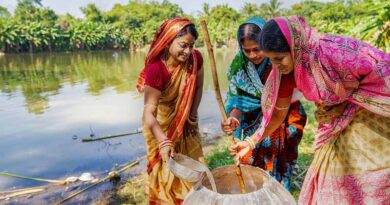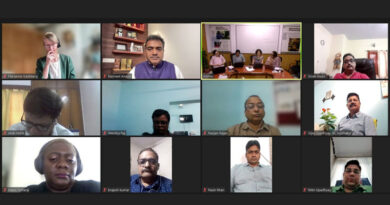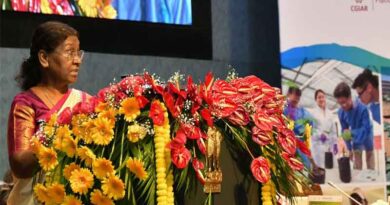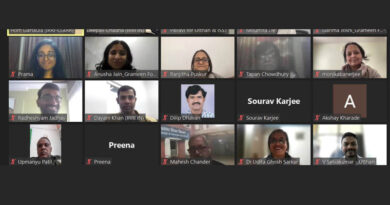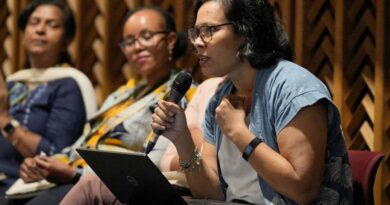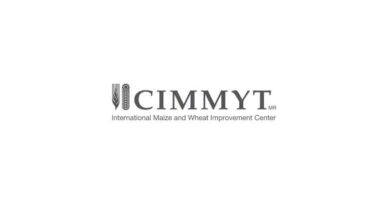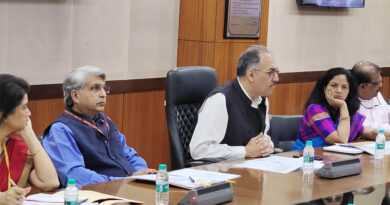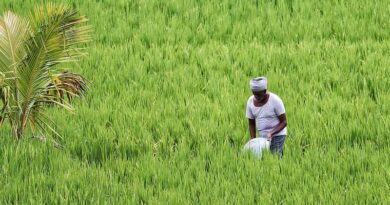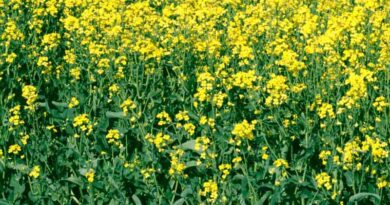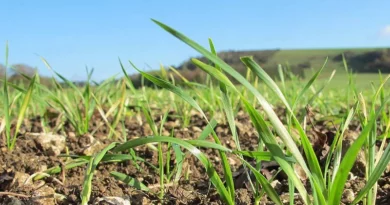Global experts chart new directions for G20 countries to achieve women’s empowerment and leadership in agri-food systems
13 October 2023, New Delhi: Strengthening women’s empowerment and leadership in agri-food systems is crucial to increase agricultural productivity, food security and nutrition, and resilience to climate change impacts. Global experts and researchers reached these conclusions at the close of the international gender conference From research to impact: Towards just and resilient agri-food systems, which took place in New Delhi on 9th-12th October 2023 and which was hosted by the CGIAR GENDER Impact Platform and the Indian Council of Agricultural Research (ICAR).
These insights are particularly timely as they follow on the heels of the successful G20 Summit, during which G20 leaders committed to advancing women-led development and women’s leadership in food security, nutrition and climate action.
The research-backed evidence presented during the conference is clear: Intentionally designing agricultural programs, projects, and policies to increase women’s empowerment leads to better outcomes for everyone, including increased agricultural productivity, better nutrition for children, improved dietary diversity as well as greater food security and climate resilience.
Farmer Producer Organisations, or other types of collectives, were highlighted as a best-bet approach that can boost women’s access to markets, resources, agency and empowerment. Research also shows that fostering women’s leadership in all levels of innovation, decision-making and policy formulation is the only way to achieve just and resilient agri-food systems.
Summarizing key insights from the conference deliberations, Assistant Director General (HRD), ICAR, Dr. Seema Jaggi said that G20 leaders agreed on four priority areas: investments in food security and nutrition, climate-smart approaches, inclusive agricultural value chains and digitalization for agricultural transformation. She said that CGIAR and ICAR can play a key role in informing these four priority areas.
Country Representative for India and Research Leader of Gender and Livelihoods, International Rice Research Institute (IRRI), Dr Ranjitha Puskur said that A final call to action relates to stronger partnerships between researchers and research users. This week we are working with one of the largest national agricultural research systems in the world. We need to strengthen these partnerships as we cannot generate the evidence we need to be able inform policymaking without heavily engaging with the national agricultural research systems. Dr Puskur also highlighted the need for strengthening partnerships between researchers, policymakers, and the private sector.
Speaking in the closing plenary session on Thursday were, in addition to Dr Puskur , Dr Jaggi and Senior Director of Program Quality and Partnerships at CARE USA, Dr Maureen Miruka, Dr Stefan Kachelriess-Matthess, Senior Programme Manager, GIZ and Senior Program Officer, Women’s Empowerment, Agriculture Development at the Bill and Melinda Gates Foundation, Ms Vicki Wilde. As key development partners, they gave their perspectives on what is needed to move from research to impact, including renewed focus on designing agricultural solutions that consider the needs and constraints of women smallholders.
The four-day international agricultural gender research conference, which comprised 4 plenary sessions, 54 parallel sessions, and 6 poster sessions, brought together delegates from more than 60 countries, deliberating how agricultural gender research can contribute to more resilient and just agri-food systems.
Also Read: Brazil senate excludes ag from carbon market bill
(For Latest Agriculture News & Updates, follow Krishak Jagat on Google News)


